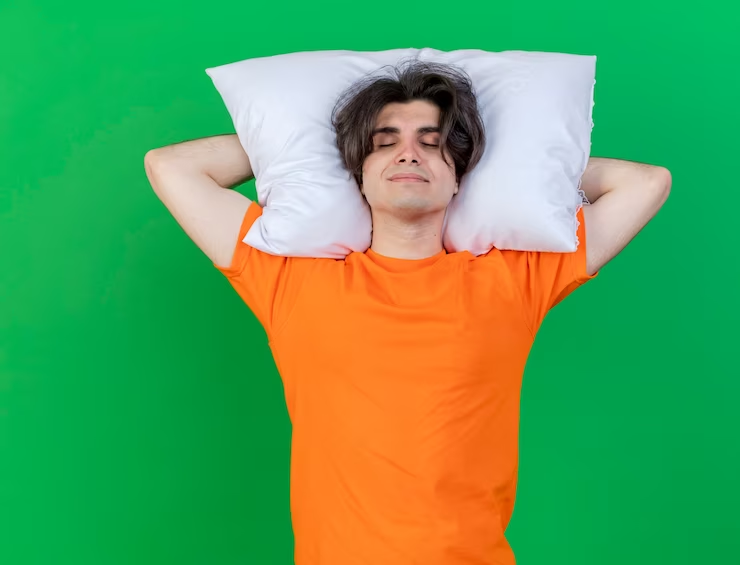Sleep apnea is a common sleep disorder that affects millions of people worldwide, including South African men. It is a condition characterized by pauses in breathing or shallow breaths during sleep, often accompanied by loud snoring and restless sleep. Sleep apnea can have significant consequences for one’s overall health and well-being, making it crucial for South African men to understand and effectively cope with this condition. In this guide, we will explore various strategies and resources available to help South African men manage sleep apnea and improve their overall quality of life.
- Recognizing the Symptoms
The first step in coping with sleep apnea is recognizing the symptoms. Common signs of sleep apnea include loud snoring, gasping or choking during sleep, excessive daytime sleepiness, morning headaches, difficulty concentrating, and irritability. South African men should be mindful of these symptoms and consult a healthcare professional if they persist.
- Seeking Professional Help
If you suspect you have sleep apnea, it is essential to seek professional help. Consult a healthcare provider, such as a pulmonologist, sleep specialist, or an otolaryngologist (ear, nose, and throat specialist), who can evaluate your symptoms, perform diagnostic tests, and recommend appropriate treatment options. In South Africa, there are several sleep clinics and specialized centers that can assist in the diagnosis and treatment of sleep disorders.
- Diagnostic Tests
To confirm the presence of sleep apnea, healthcare professionals may recommend a sleep study, also known as a polysomnography. This non-invasive test is typically conducted at a sleep clinic and involves monitoring various physiological parameters during sleep, such as brain waves, breathing patterns, heart rate, and oxygen levels. The data obtained from a sleep study helps in accurately diagnosing sleep apnea and determining its severity.
- Treatment Options
Once diagnosed with sleep apnea, several treatment options are available to South African men. The choice of treatment depends on the severity of the condition and individual preferences. Some common approaches include:
a. Continuous Positive Airway Pressure (CPAP): CPAP therapy is a widely used treatment for sleep apnea. It involves wearing a mask over the nose or nose and mouth during sleep, which delivers a continuous flow of pressurized air, keeping the airways open.
b. Oral Appliances: Certain oral devices, such as mandibular advancement devices, can be custom-made by dentists to help keep the airways open by repositioning the jaw and tongue. These devices can be a suitable option for individuals with mild to moderate sleep apnea.
c. Lifestyle Modifications: Making certain lifestyle changes can significantly improve sleep apnea symptoms. South African men should strive for a healthy weight, exercise regularly, avoid alcohol and sedatives, establish a regular sleep routine, and sleep in a side-lying position to reduce the severity of sleep apnea.
d. Surgical Interventions: In severe cases or when other treatments have not been effective, surgical interventions may be considered. Surgeries, such as uvulopalatopharyngoplasty (UPPP), maxillomandibular advancement (MMA), or tracheostomy, aim to remove or reposition obstructive tissues to improve airflow during sleep.
- Support Groups and Resources
Living with sleep apnea can be challenging, but South African men do not have to face it alone. Joining support groups or seeking online communities of individuals dealing with sleep apnea can provide valuable insights, emotional support, and tips for coping with the condition. Additionally, various websites, such as the South African Society of Sleep Medicine (SASSM), offer resources and educational materials to help individuals better understand and manage sleep disorders.
- Regular Follow-ups
Sleep apnea is a chronic condition that requires long-term management. South African men should schedule regular follow-up appointments with their healthcare providers to monitor the effectiveness of the chosen treatment and make any necessary adjustments. Follow-ups also allow for addressing any new symptoms or concerns that may arise.
Coping with sleep apnea is essential for South African men’s health and overall well-being. By recognizing the symptoms, seeking professional help, and exploring the available treatment options, individuals can effectively manage their condition and enjoy restful nights of sleep. Remember, an early diagnosis and appropriate treatment can significantly improve the quality of life for those living with sleep apnea.










